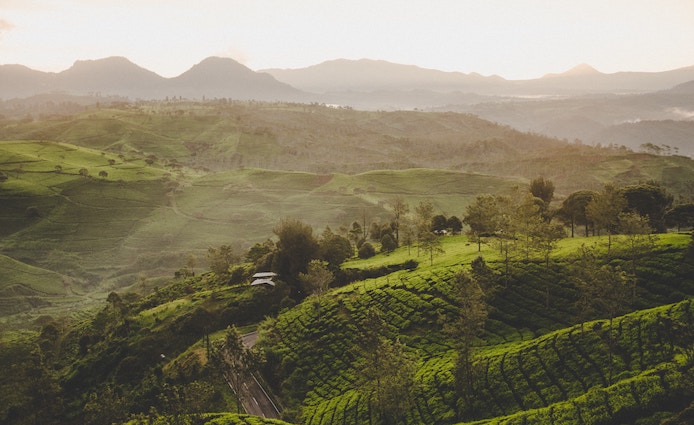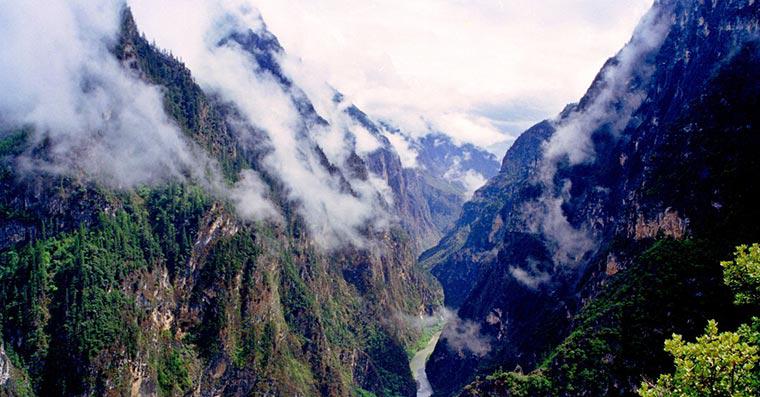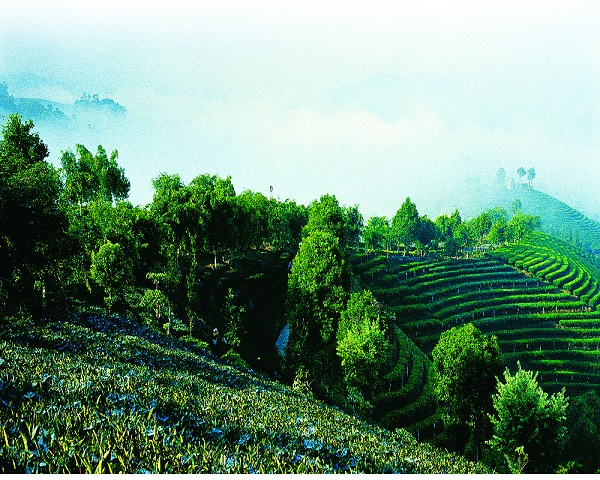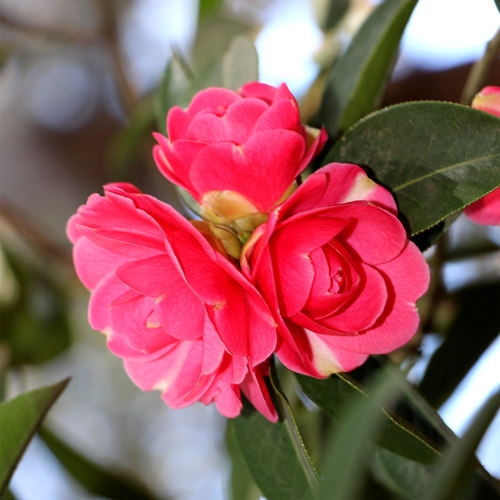
Jingmai Mountain's Old Tea Forests: A Cultural Landscape Steeped in History and Tradition

The old tea forests of Jingmai Mountain present a captivating cultural landscape that has captivated tea enthusiasts and conservationists alike. These ancient tea forests, with their rich history and unparalleled natural beauty, represent a unique fusion of human ingenuity and the bounties of nature.
Historical Significance
The history of tea cultivation in Jingmai Mountain dates back over 1,300 years to the Tang Dynasty. The Hani people, the indigenous inhabitants of this region, have perfected the art of tea cultivation over generations. Their deep connection to the land is evident in the terraced landscapes that adorn the mountain slopes. These terraces, meticulously crafted to maximize water retention and sun exposure, reflect the profound knowledge of the local communities in harnessing the land's potential.
Sustainable Practices
What sets Jingmai Mountain apart is its commitment to sustainable and organic tea cultivation practices. Unlike modern tea plantations, the old tea forests here rely on ancient tea trees, some of which are over 800 years old. These trees have been nurtured through the centuries using traditional farming methods, avoiding the use of harmful chemicals and pesticides. This harmonious approach to cultivation not only produces high-quality tea but also preserves the ecological integrity of the landscape.
Cultural Heritage
Beyond its environmental significance, Jingmai Mountain is steeped in cultural heritage. The Hani people have preserved their unique traditions and rituals related to tea cultivation. From the meticulous plucking of tea leaves to the sun-drying and rolling processes, each step in tea production is a celebration of their cultural identity. Tea ceremonies, where the leaves of the ancient trees take center stage, are an integral part of local life and an expression of their deep respect for nature.
Biodiversity Hotspot
The old tea forests of Jingmai Mountain are not just a testament to human ingenuity; they also harbor a remarkable diversity of flora and fauna. The lush, shaded canopies of the forest provide habitat for numerous species, some of which are endemic and endangered. The preservation of these forests is not only about tea but also about safeguarding the fragile ecosystems that thrive in this unique landscape.
A Global Treasure
In recognition of its outstanding cultural and ecological value, Jingmai Mountain's old tea forests have been nominated for inclusion on the UNESCO World Heritage List. This global recognition underscores the importance of protecting this living cultural landscape, ensuring that its rich history, sustainable practices, and biodiversity continue to thrive for generations to come.
Visiting the old tea forests of Jingmai Mountain is not merely a journey through time but a profound experience that highlights the interconnectedness of culture and nature. It is a living testament to how humanity can coexist harmoniously with the environment, preserving traditions while nurturing the land. In this remote corner of Yunnan, the legacy of ancient tea trees continues to grow, reminding us of the enduring power of tradition and the delicate balance between human and natural heritage.
Photo Credit: Unsplash
If there's any copyright issue involved, please contact us to delete.



